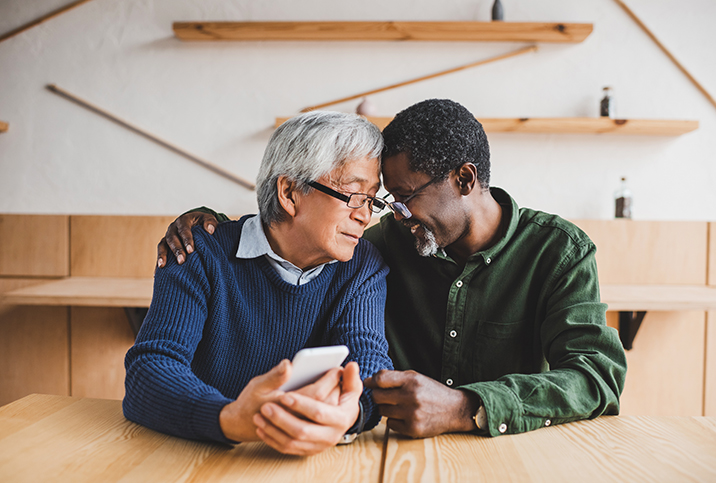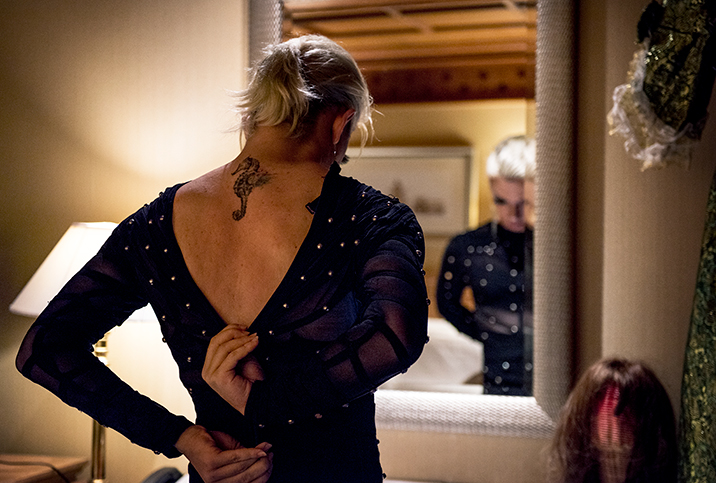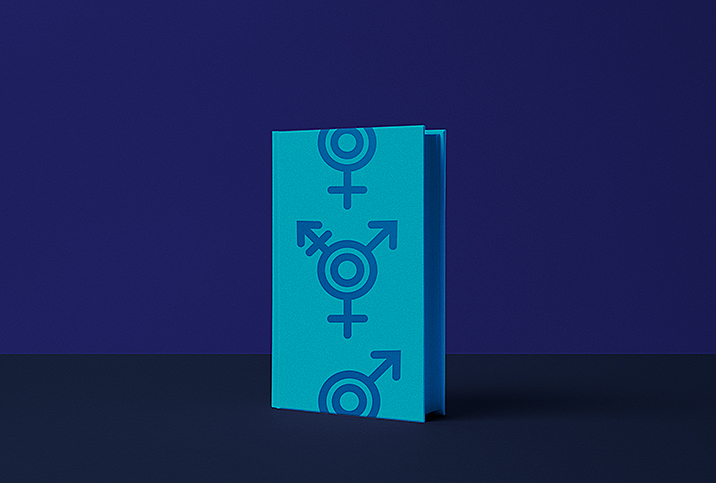Coming Out as an Older Adult: Facing Challenges & Getting Support

Surveys have found that over the past few decades, lesbian, gay, bisexual, transgender, queer, intersex, asexual and/or other (LGBTQIA+) people have started coming out to friends and family earlier than ever. With media often portraying gay people in college and high school, being gay may seem like a "young person's game."
This narrative of youth leaves out LGBTQIA+ adults over age 50 in the United States. Coming out later in life has much less representation in both media and research, and comes with its own set of challenges worth examining.
Why did you wait so long?
For today's youth who are growing up in a world significantly friendlier to the LGBTQIA+ community, waiting to come out until later in life may seem unpalatable. However, for LGBTQIA+ seniors, coming out early in life may not have been a realistic option. In a time when homosexuality was considered a disorder, coming out as gay often carried dire consequences. Some people's internalized homophobia may have pushed their sexuality so far into the closet that even they failed to realize their true sexual orientation until later in life. Others may have maintained a same-sex relationship in secret and waited until it was safe to be transparent about their lives in a more socially (and legally) accepting time.
Given that members of older generations are more likely to be religious, some people might have faced an internal struggle to reconcile their sexuality with their worldview. Others may not have had the vocabulary or knowledge to describe what they were feeling. As you can see, reasons for not coming out in adolescence and young adulthood are diverse, but coming out does not have an age requirement.
Navigating relationships
One of the scariest parts of coming out for older adults is potential backlash from loved ones. Older adults are more likely to have long-term romantic relationships and adult children, and coming out can drastically alter the dynamics of these bonds. Individuals who have masked their sexuality with long-term heterosexual relationships may feel that coming out is a betrayal of their partner. The potential of losing a support system is scary, particularly for older adults.
Aside from familial relationships, older adults coming out as gay may decide to date others of the same gender for the first time in their life. Dating at any age can be a frustrating experience, but for older LGBTQIA+ adults, the process can feel overwhelming. They may not have dated for decades, and never at all in the gay dating scene.
The double whammy of getting back into dating and entering LGBTQIA+ spaces for the first time may be intimidating, especially when such spaces are not always welcoming to older people. Like all dating, LGBTQIA+ dating has evolved tremendously over time, and meeting someone at a gay bar is less common now than finding a partner on a dating app.
Dealing with discrimination
All LGBTQIA+ people can face discrimination on the basis of their sexuality. For older adults, who are more likely to have medical problems, discrimination in medical care and long-term care can be of particular concern.
Research shows that fear of discrimination can be a barrier to LGBTQIA+ patients seeking medical care. In fact, LGBTQIA+ seniors are less likely to seek healthcare services than younger community members and are additionally less likely to reveal their sexual identity to healthcare professionals.
Considering that in the not-so-distant past homosexuality was considered a medical disorder, this mistrust or fear of discrimination from healthcare workers makes sense. Older LGBTQIA+ patients seeking long-term care, such as entering a residential nursing facility, can also be at greater risk for sexuality-based discrimination.
Finding support
Although the challenges of coming out later in life seem daunting, people who wish to do so are not alone. Mental health providers that support the LGBTQIA+ community can establish a safe place for people to process emotions when they come out. For people of faith, LGBTQIA+ friendly churches and religious organizations are more abundant, and organizations such as SAGE focus specifically on resources for LGBTQIA+ elders. If you can't find in-person resources, the internet offers online counterparts for additional support.
Coming out is a process, not a one-time event, and LGBTQIA+ seniors who find support can start to live their life authentically whenever they're ready.

















